AltRoot’s process makes environmentally friendly, stable, life-sustaining compost
We applied compost to the left-hand side of this field, but not the right. It has resulted in thicker, taller, greener growth, evidence of a higher nitrogen content in the soil.
Compost Stores Carbon and Helps Feed the Soil
Did you know that as much as 60 per cent of the waste going to landfills is organic material? But there is an alternative route for that waste: AltRoot diverts organic waste from landfills to our facility north of Edmonton, where we turn it into environmentally friendly, stable, life-sustaining compost.
Composting recycles carbon, mitigates climate change and feeds the soil. Recycling organic wastes into compost can benefit the environment and people by locking carbon in soil, returning nutrients to degraded land and supporting food security and improved nutrition.
Canada generates an estimated 32,000,000 tonnes of solid municipal waste per year, much of which is food waste. Because landfills are not aerated, this organic matter cannot break down and it releases a powerful greenhouse gas, methane, into the atmosphere.
Waste generation continues to increase in Canada, making diversion crucial. The good news is that organic waste can be composted.
Cart To Crop
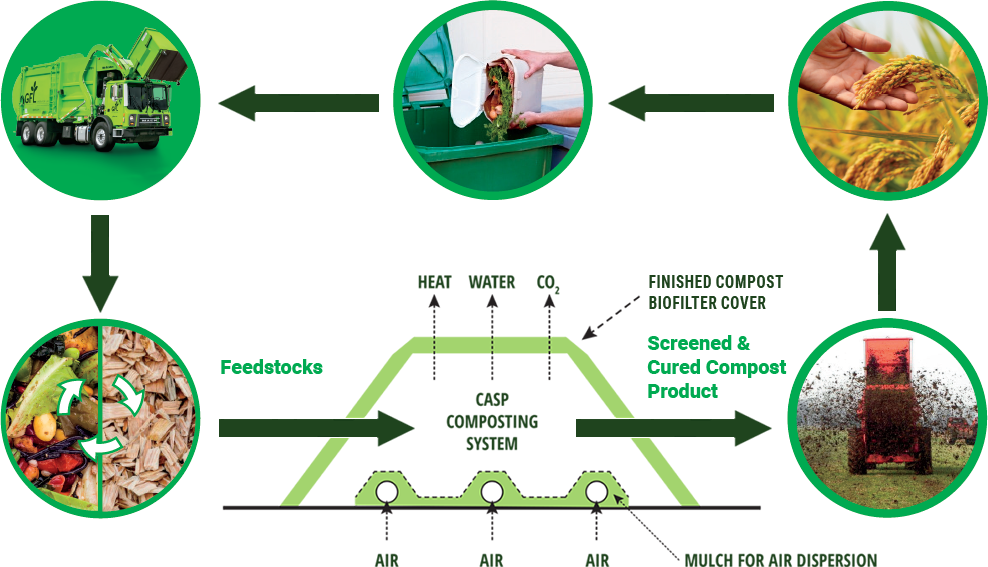
Globally, composting
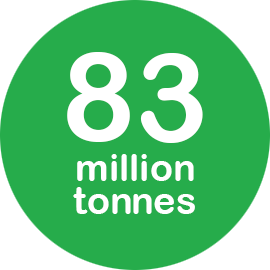
Recycles 83 million tonnes of biowaste every year.
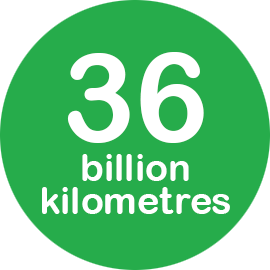
Reduces greenhouse gas emissions by nine million tonnes of carbon dioxide equivalents a year through storing carbon in soil and offsetting fertilizer use. This is equivalent to driving an average car for 36 billion kilometers, almost 95 thousand times the distance between the earth and the moon!

Recycles one million tonnes of plant macronutrients, worth $1.1 billion, each year. These annual benefits could be increased 12-fold if the world’s biowaste were collected separately and composted.
– From The Compost Council of Canada
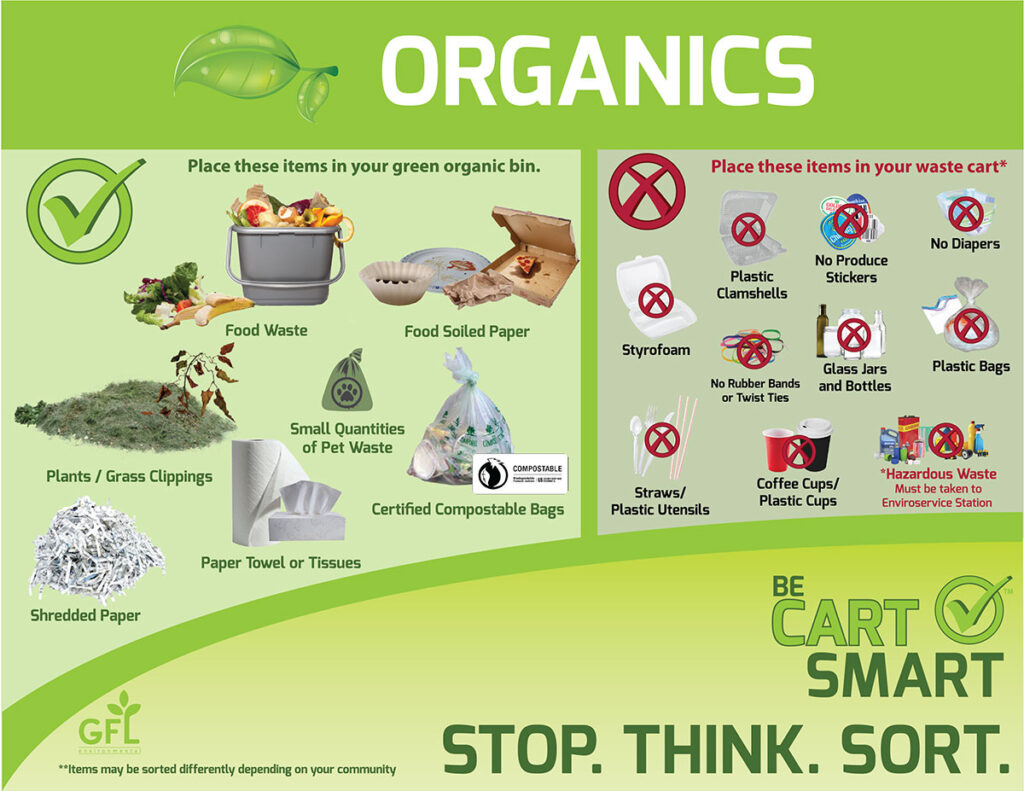
Many people incorrectly call all sorts of raw organic waste compost. It’s true that compost can be made from anything organic – if it once lived, it can be composted. But compost is the final product of a properly managed thermophilic process through which microorganisms break down organic materials. Precise monitoring of the organic piles is necessary to properly choose when to invert the material and what supplementary materials to add to help with the thermophilic breakdown process. Moving the pile with a loader or dozer once or twice when convenient will not effectively make compost – on the contrary sometimes. Poorly managed organic piles can and often do lead to anaerobic conditions and the generation of bacteria which can generate strong odours and can also be harmful to soil once applied.
Well-managed composting requires oxygenation and will go through many high-heat phases to accelerate the biological breakdown of organic materials. Through this well-managed process, weed seeds and potentially harmful pathogens are eliminated.
Benefits For Soil Health
- Improves water holding capacity
- Increases soil carbon content
- Improves soil structure for improved workability and better crop establishment
- Inhibits pests and diseases within the soil structure
- Compost can be a substitute for inorganic fertilizer. It slowly releases nutrients such as nitrogen, phosphate, potash, magnesium and sulphur.
- Compost application can reduce synthetic fertilizer needs while maintaining or increasing crop yields. Input costs are reduced and profits increase.
Water Holding Capacity
A one-inch rain supplies 28,000 gallons of water per acre, but if there is less than one per cent organic matter in the soil it can only hold up to 16,000 gallons per acre. Where does the rest go? It drains away. For every one per cent increase in organic matter in soil, the water holding capacity increases 10,000-16,000 gallons per acre. Soil with approximately four per cent organic matter can hold water from a two-inch rain. Adding compost to soil is one of the best and most economical ways to add organic matter to soil and increase water-holding capacity.
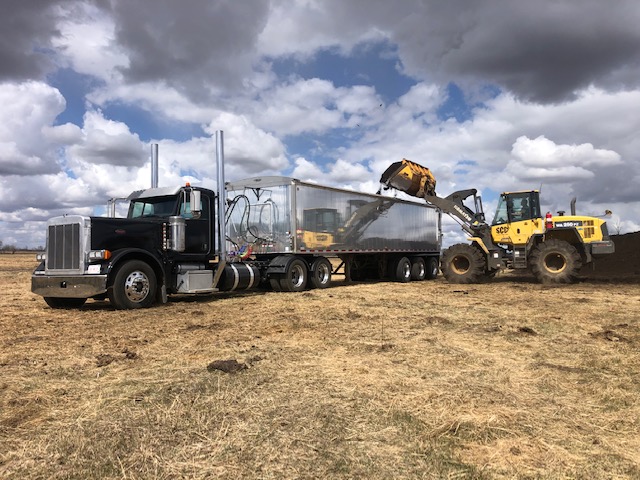
Carbon Farming
Carbon is a key currency of agricultural systems. This is an exciting subject with wide and positive implications for farmers. When compost is applied to soil, up to 10 tons of carbon is cycled back into the land per acre per year. There has been a flurry of research into soil carbon sequestration relating to carbon credits – meaning getting paid to cycle carbon back into the soil!
“Compost supports crop productivity and can improve the nutritional content of vegetables grown in it. At a time when almost 10 per cent of the world’s population is exposed to severe food insecurity, compost is a natural and, with focus, accessible solution to improve both the quality and security of food for everyone.”
Susan Antler, Executive Director, Compost Council of Canada
